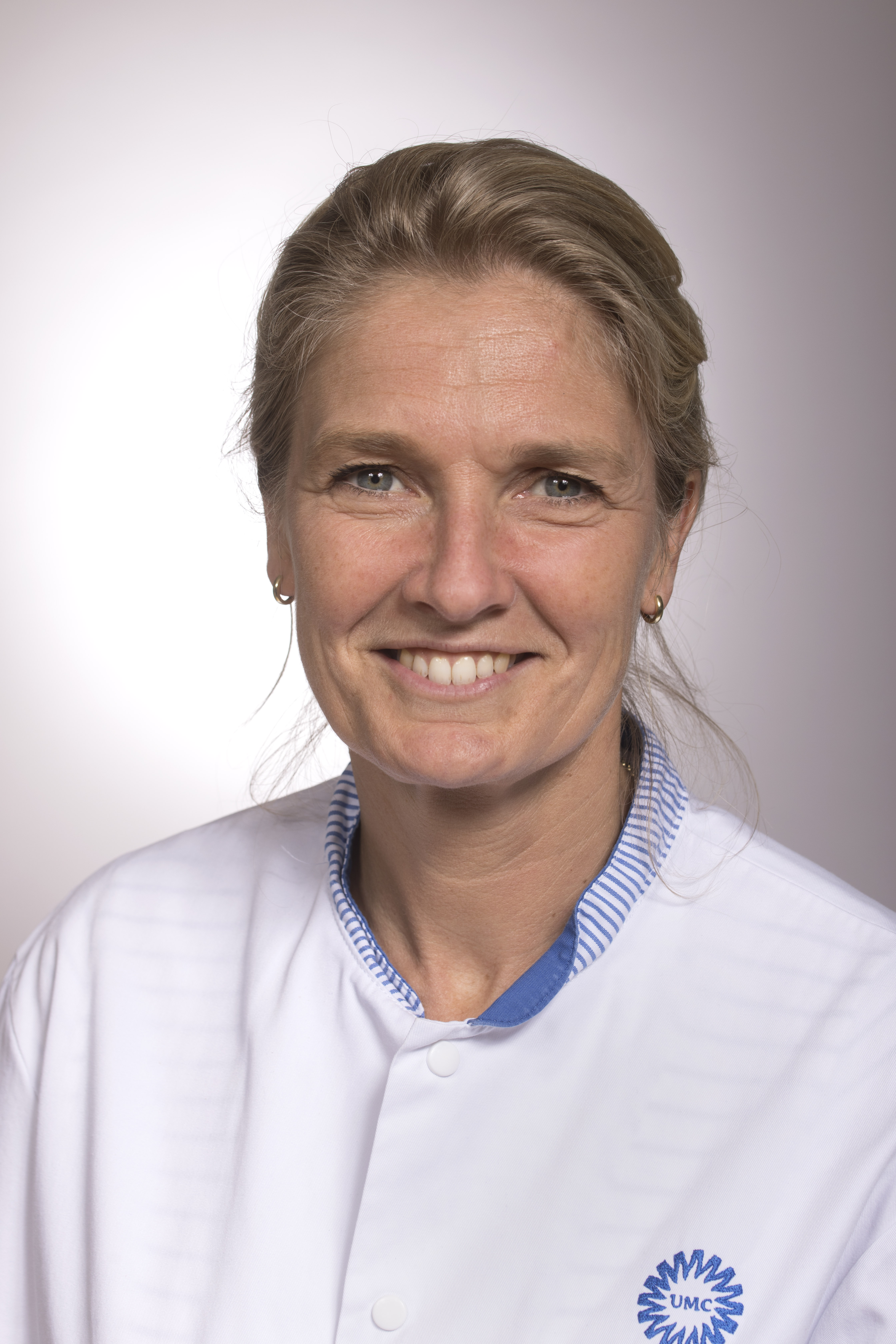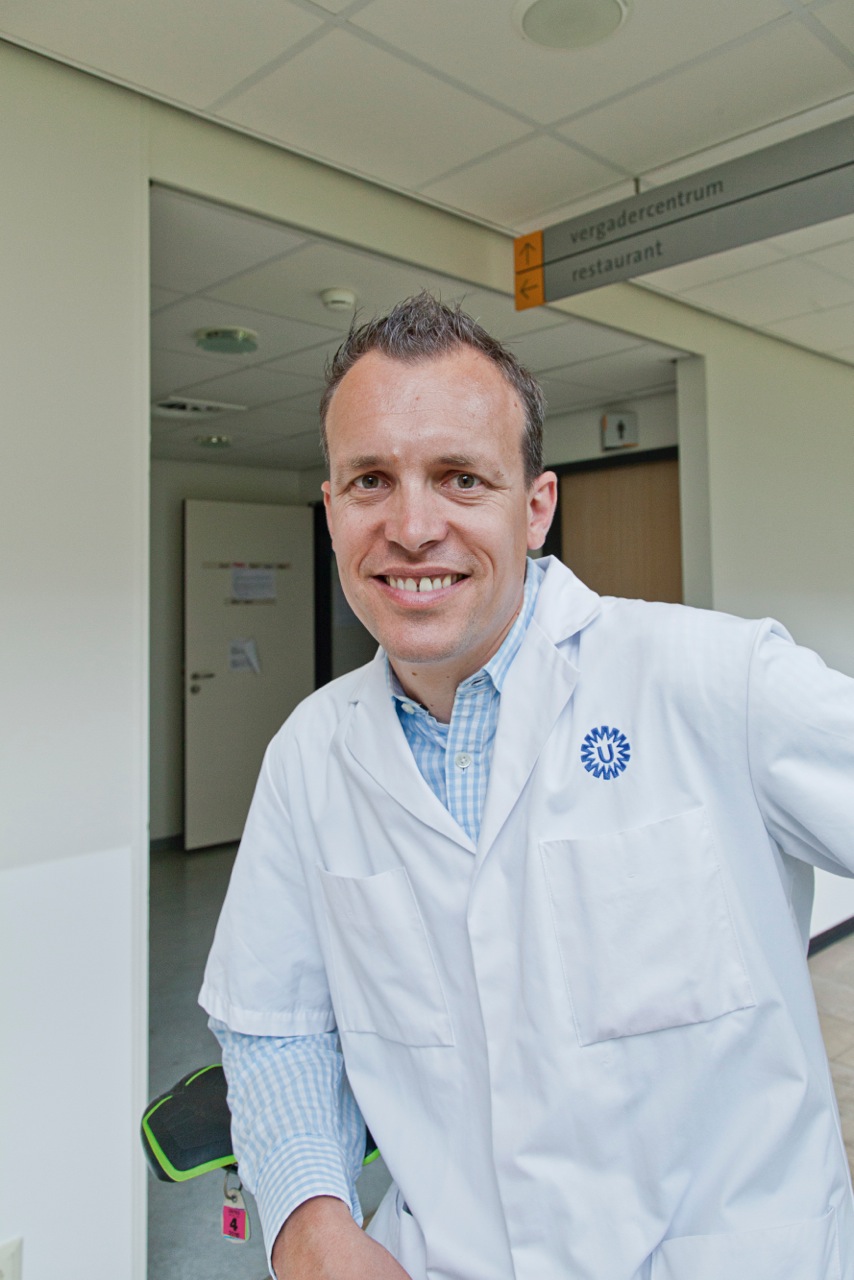Congential heart disease
congenital, heart
Research aim
To improve long term cardiovascular and neurodevelopmental outcome in patients with severe congenital heart disease.
About us
During the past decades, the care for patients with congenital heart disease (CHD) has improved dramatically. Where only a minority of patients survived fifty years ago, currently more than 90% of patients live into adulthood. Therefor both research and clinical care need to shift from improving mortality to decreasing morbidity. To accomplish this we developed the Congenital Heart Disease life span project: a unique life cycle approach with an extensive research program fully integrated in clinical follow-up from as early of 20 weeks gestation up to the age of 40 and onwards. Cardiac- as well as neurocognitive follow-up is protocolized for all major congenital heart defects and includes sequential MRI scanning of the fetal as well as pre- and postoperative heart and brain. Follow-up is fully aligned with the other patient focus groups of the Child Health and Circulatory Health programs of the UMC Utrecht.
There is excellent interdisciplinary, national and international collaboration. We lead several large national trials that aim to improve diagnostics and neurodevelopmental outcome in patients with severe congenital heart disease. We our co-founders of the EU-ABC consortium (London, Zurich, Munich, Utrecht, Giessen) that has a world leading role in brain development in congenital heart disease.
Furthermore we closely collaborate with the princess Maxima Center to investigate cardiac toxicity in pediatric oncology.






